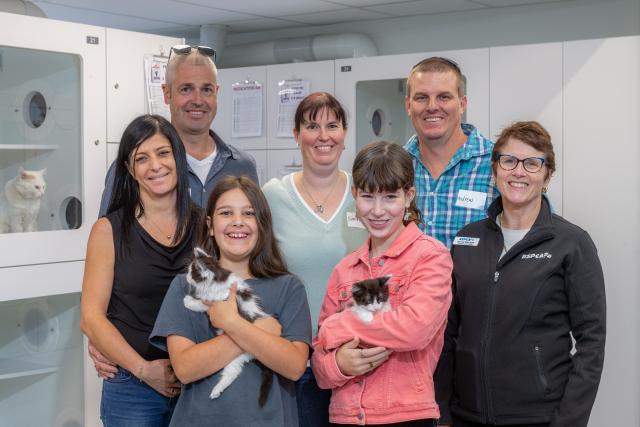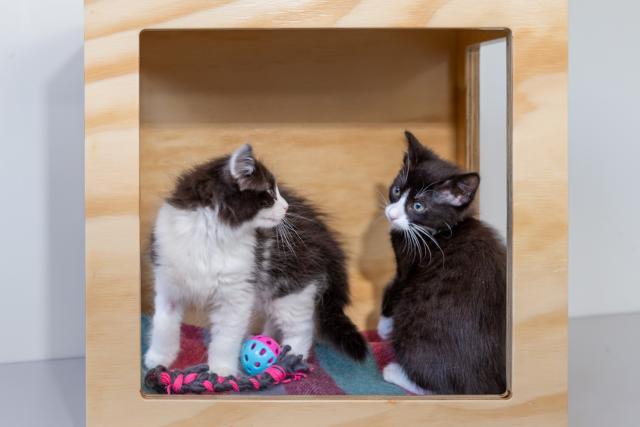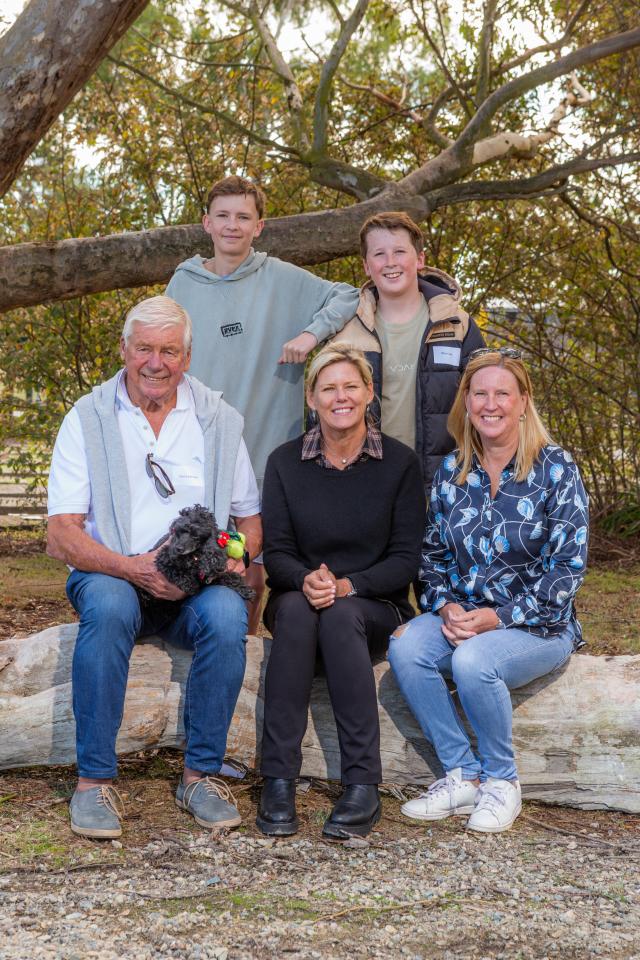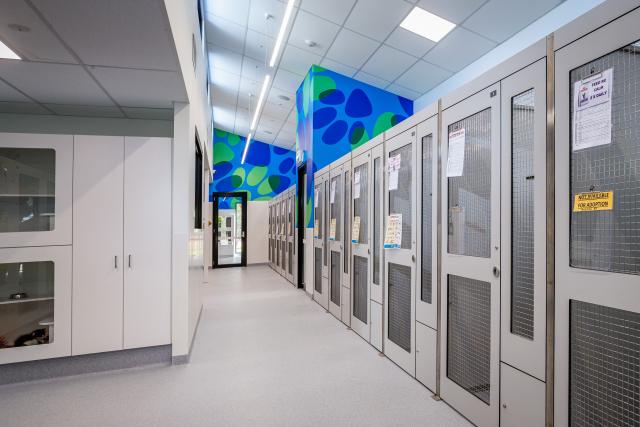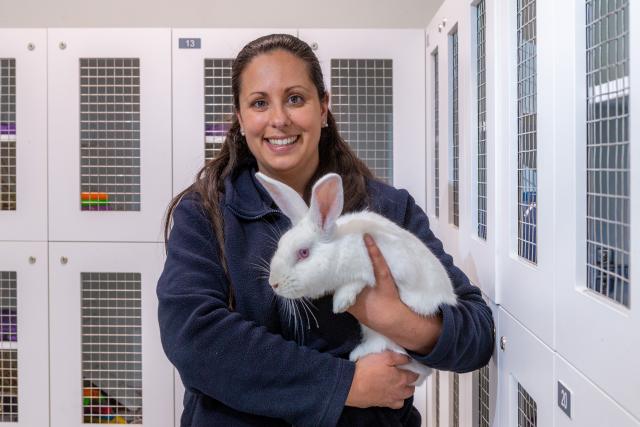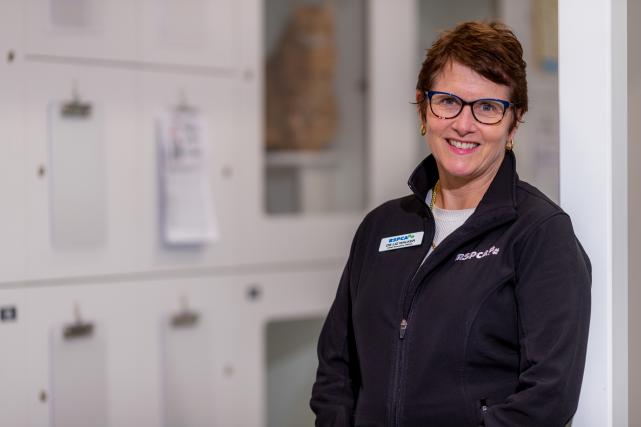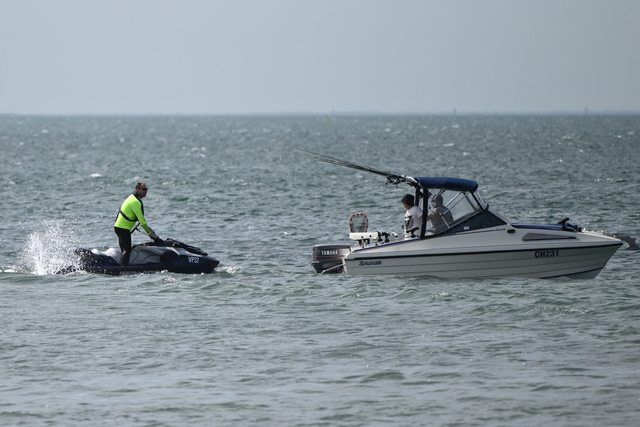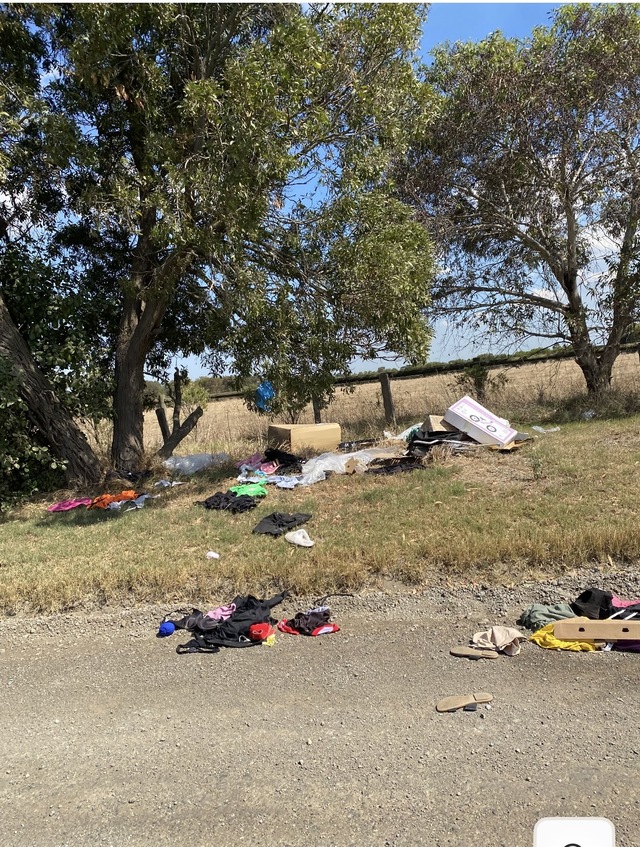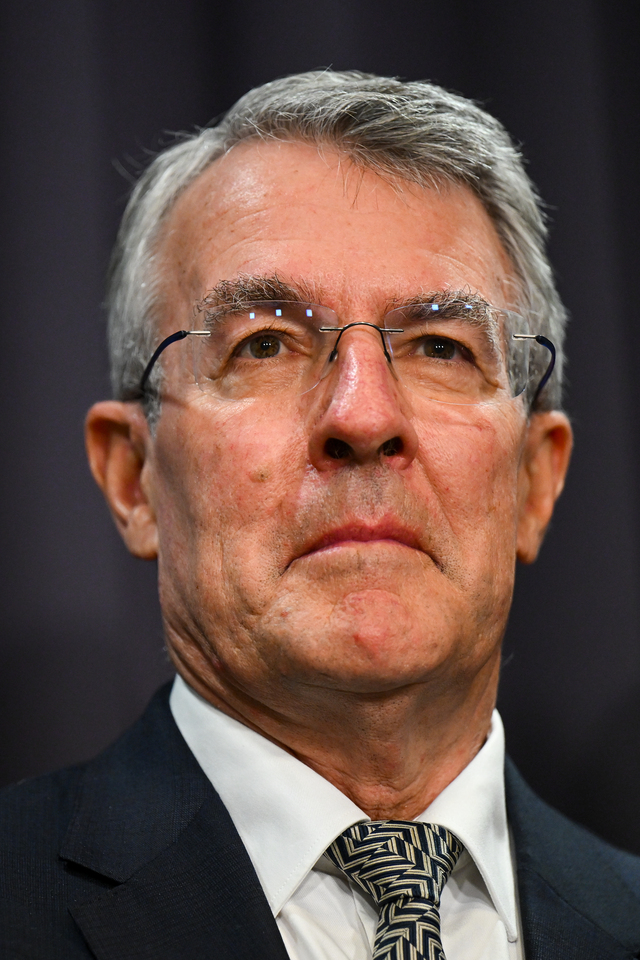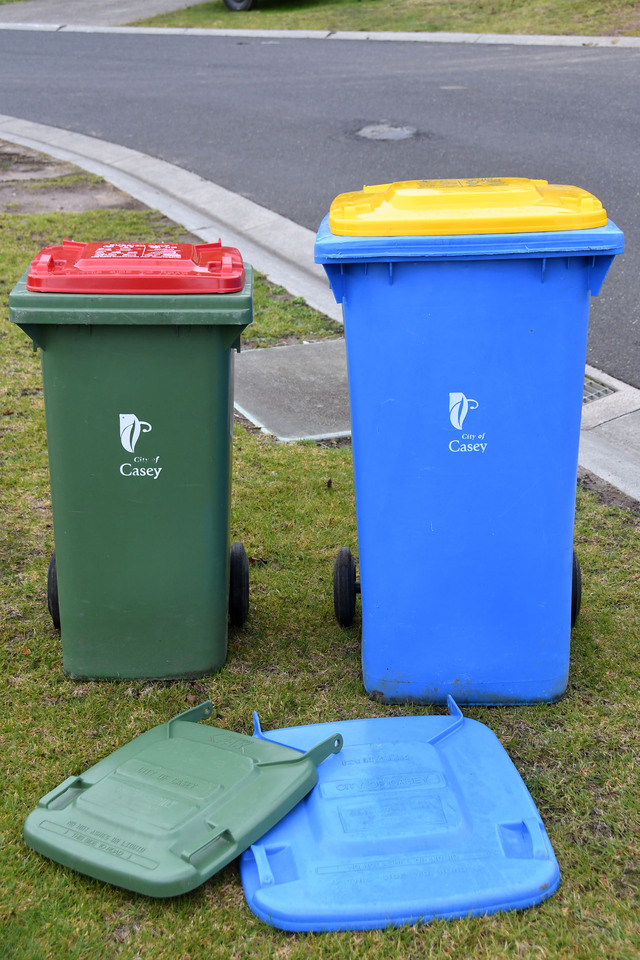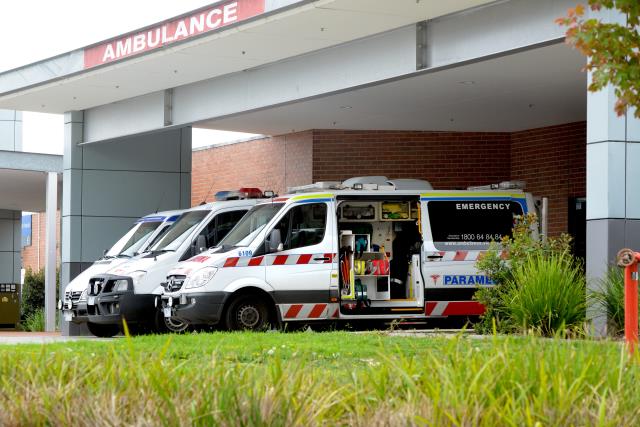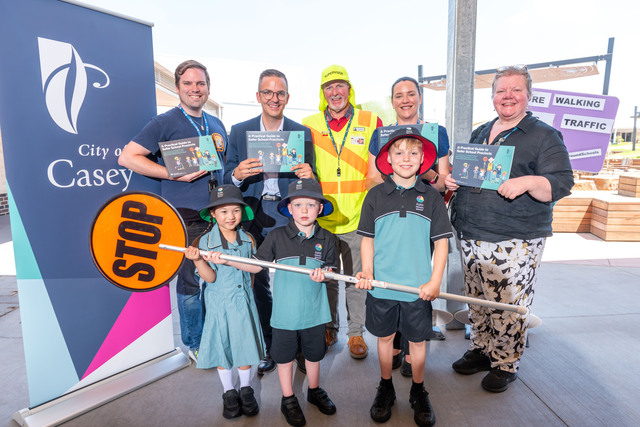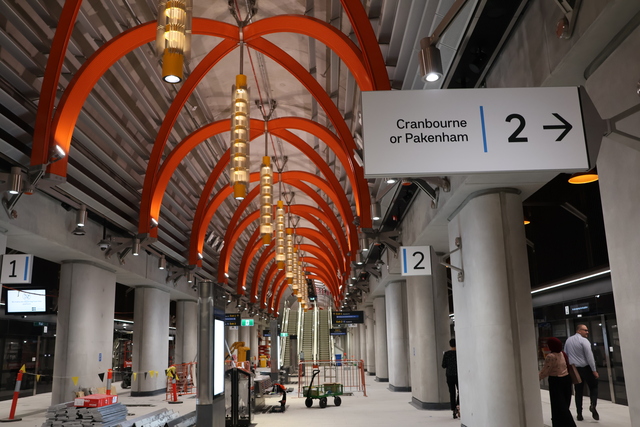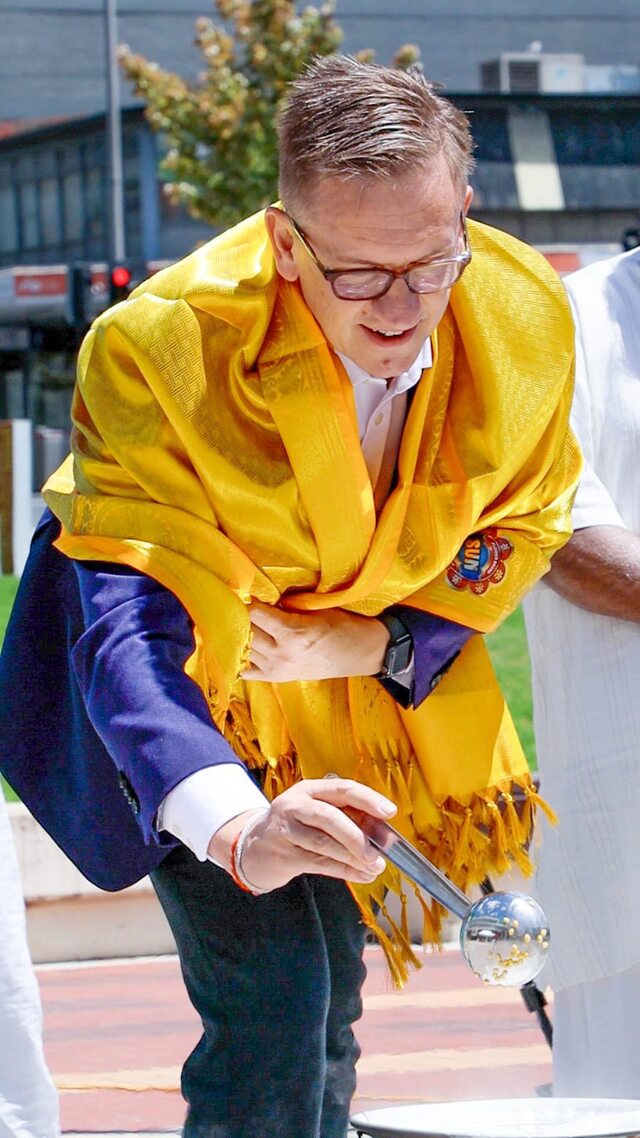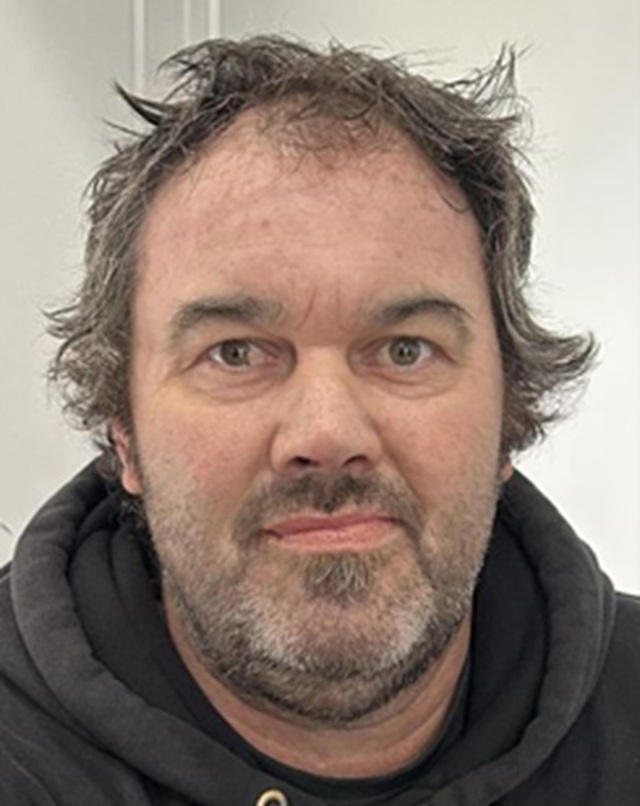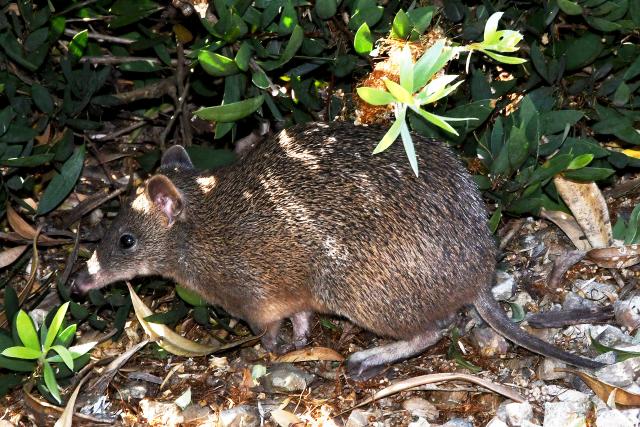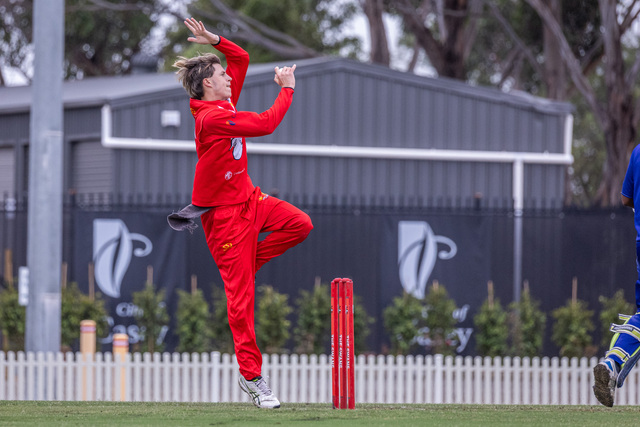RSPCA Peninsula has welcomed a much-needed new addition to their site.
A new, purpose-built Cat and Small Animal (CASA) centre opened on Sunday 2 April.
The facility will enhance the organisation’s capacity to care for cats and small animals and potentially reduce the time they take to adopt, while transforming the way people meet and interact with animals available for adoption.
“CASA not only improves the pet adoption experience for members of the public, but it also increases RSPCA Victoria’s capacity to care for the thousands of animals who rely on us every year,” said CEO of RSPCA Victoria Dr Liz Walker.
“Designed in consultation with veterinarians and animal behaviourists, it will reduce animal stress and illness, accelerate healing and potentially cut adoption times in half.”
CASA was funded by generous donors, with significant gifts from the estates of the late Dr Hugh Wirth AM, who was president of RSPCA Victoria for almost 50 years, and long-time supporter Margaret Johnson.
The CASA centre features state-of-the-art, climate-controlled cat “cabins” with concealed spaces to support cat welfare, an isolation wing to prevent the spread of infectious diseases and parasites, and long-stay facilities for cats with access to contained outdoor spaces.
There is also an adoption wing with light and spacious “meet and greet” rooms for potential adopters.
Dr Walker said she is excited to welcome members of the public to the new Cat and Small Animal (CASA) centre.
The centre will enable the organisation to provide care for 250 cats and small animals.
“Our new CASA centre is a modern, welcoming space that will really improve the pet adoption experience at RSPCA Peninsula,” said Dr Walker.
“The bright, purpose-built spaces are designed to allow people to get to know animals one-on-one and find their ‘pawfect’ match.”
Last year, RSPCA Victoria cared for more than 8000 cats and investigated 1922 cruelty reports involving cats and kittens, resulting in seizures of up to 60 cats entering its facilities at a time.
The average cat stays in care for 34 days before adoption, causing significant capacity issues – particularly during kitten season.
“Cats are amazing creatures and extremely efficient breeders; modelling suggests that one entire female cat and her offspring can produce as many as 5000 cats in seven years,” Dr Walker said.
In Victoria, this has resulted in a problem with cat over-population that in turn leads to poor animal welfare outcomes for the cats themselves as well as other native animals.
“Unfortunately, only seven per cent of owned cats that come into our shelters are reclaimed compared to nearly three-quarters of dogs.
“They’re simply not valued in the same way, but the truth is that cats make great pets – they are affordable, companionable and can happily live in many different environments including small apartments.”
The RSPCA is hoping CASA will create a positive adoption experience and help enhance the perceived value of cats as companion animals.
“Cats are better in loving homes than in shelters, so our goal is to reduce the average time a cat is in our care before being adoption-ready from 34 days to 13 days,” Dr Walker said.
“We hope people will come and visit our new CASA adoption centre, enjoy meeting the animals available for adoption and find themselves a new best mate.”
CASA is located at RSPCA Peninsula, 1030 Robinsons Road, Pearcedale, and is open weekdays from 9am to 5pm and weekends from 9am to 4pm.

